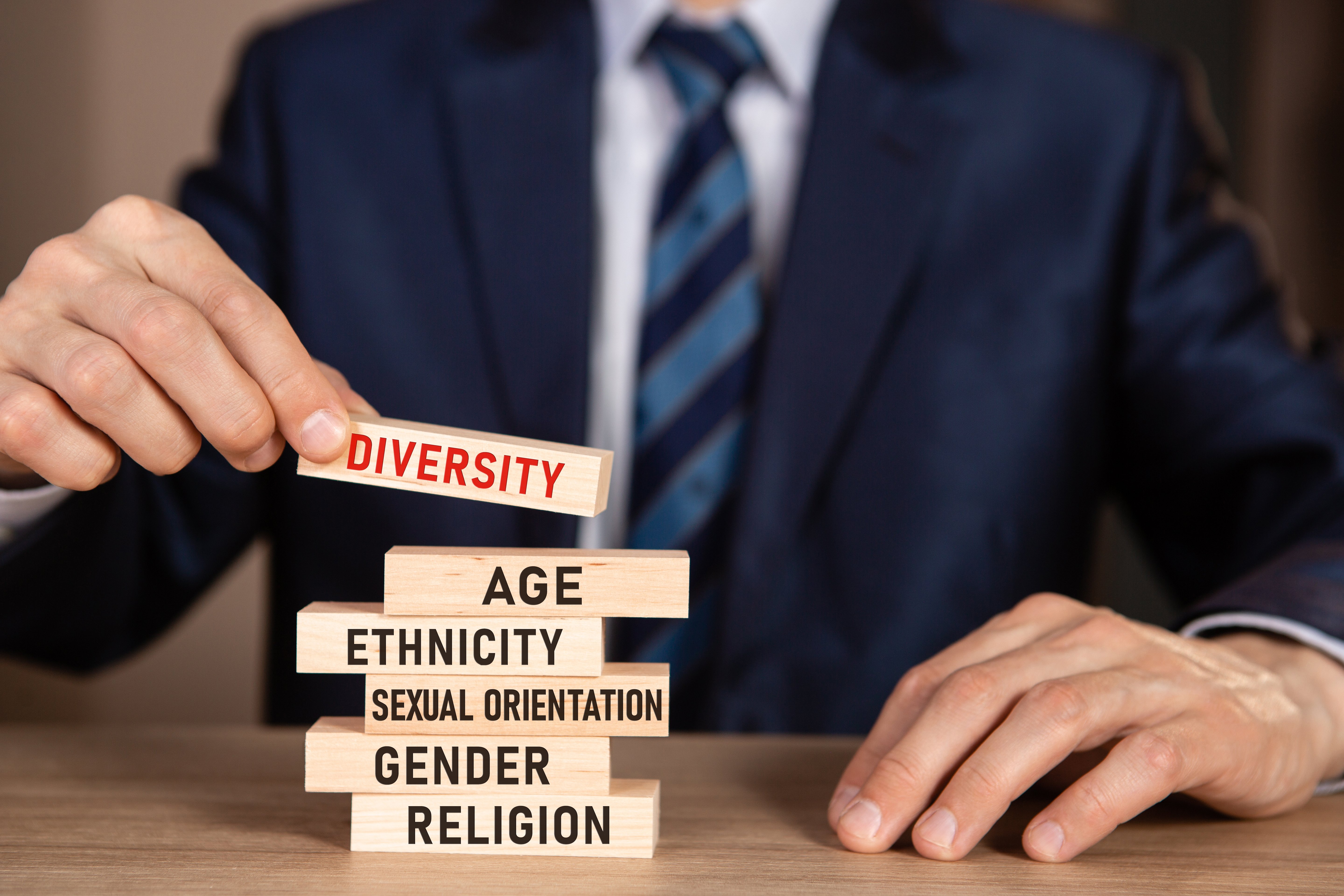
By
Diyaa Mani
July 17, 2023
Updated
September 18, 2024
"Woke culture" originally emerged as a term used in African American communities. It raises awareness of unfair systems and takes action to address them. It encouraged social consciousness and activism. In the woke culture, individuals question authority and support marginalised groups.
However, amidst an evolving cultural landscape, this has been wielded to criticise the new generation. However, this is not an isolated phenomenon; similar criticisms have occurred with other cultural movements throughout history. Detractors often dismiss the concerns and perspectives of younger individuals by labeling them as "too woke" or "sensitive."
It's important to consider the potential consequences of removing certain words' current contextual significance. Doing so might inadvertently diminish the younger generation's ability to advocate for social issues effectively. Nevertheless, there are also positive developments, as many individuals and groups reclaim the true meaning of "woke" to empower themselves.
The younger generation actively seeks to use their voices to address problems, contemplate ideas, and contribute positively to the world. They are reclaiming the power of language to facilitate meaningful discussions, foster inclusivity, and promote a fairer society.
Woke culture's influence on society is significant, as it shapes various aspects of our lives. This article explores how businesses can benefit by embracing "woke culture" in employee management strategies.
The dominant paradigm of woke culture is a powerful force influencing our perspectives and interactions in an ever-changing society. This article delves into strategies and initiatives that can help businesses thrive amid this paradigm shift.

Embracing diversity and inclusion
Accepting diversity and inclusion is crucial and beneficial for organisations to achieve success. A diverse workforce means having people with different perspectives, experiences, and talents.
Diverse and inclusive organisations value the contributions of people from all backgrounds. This leads to various perspectives and ideas, leading to innovation and better decision-making.
Employees who feel included and respected tend to give their best and work together. Inclusive places make workers feel like they fit in, which makes them happier and work better. This creates a good work atmosphere for employees to thrive and reach their potential.
Moreover, diversity and inclusion help organisations better understand and connect with their customers. Customers have different backgrounds, preferences, and needs in a diverse society.
Companies benefit from having a diverse workforce that reflects the differences between people. This helps them understand customer needs. Companies should use strategies to promote diversity and inclusion. This involves:
- Hiring diverse staff
- Bias training
- Forming groups, and
- Promoting respect and communication

Sensitising employees to social issues
In today's culture, workers must grasp social issues to adapt well to the changing environment. Businesses should create opportunities for employees to learn about and discuss social justice, diversity, and inclusion. This will help to create a more inclusive and socially conscious workplace.
Companies should provide training on social issues like racism, gender equality, and LGBTQ+ rights. This could include workshops and lectures. It is also helpful to have discussions about systemic injustice. These discussions can help people to understand and respect people from different cultures.
Teaching workers about social issues creates a welcoming and respectful workplace. Knowing and respecting others leads to empathy. This culture celebrates diversity and makes sure everyone feels important and included.

Building empathy and cultural competency
Empathy and cultural competency are important for creating a positive work environment in a woke culture. Empathy is the ability to understand and share the feelings of another person. Cultural competency means understanding and respecting other people's cultures and ways of life.
Empathetic employees are better able to connect with their colleagues and build trust. They are also more likely to be respectful and understanding of others. Culturally competent employees can better navigate and appreciate different cultures and perspectives. They are also more likely to be open to new ideas and ways of doing things.
Organisations can promote empathy and cultural competency by providing training and resources. They can also create a workplace culture that values these qualities. This means having leaders who know and care about people from different cultures and where they come from. These are the leaders who create policies and procedures that support these values.
Here are some ways that organisations can promote empathy and cultural competency:
- Provide training on empathy and cultural competency.
- Create opportunities for cross-cultural interactions and learning.
- Recognise and reward employees who show empathy and cultural competency.
- Integrate empathy and cultural competency into evaluations and development plans.

Addressing unconscious biases
Unconscious biases are prejudices that we hold without knowing it. They are often based on our experiences and the way we were raised. These biases can affect our decisions and judgments, even if we don't realise them.
In the workplace, unconscious biases can lead to discrimination. For example, a manager might be more likely to hire someone like them regarding appearance, race, gender, or other factors. They might also give more opportunities to people with similar interests or hobbies. This can prevent people from different backgrounds from getting ahead.
Organisations can help to address unconscious bias by promoting self-reflection and teaching about unconscious bias. This can help employees become aware of their biases and challenge them. Organisations can also create a culture of inclusion where everyone feels respected and valued.
Implementing unbiased decision-making processes is crucial to overcoming unconscious biases. This can mean
- Ensuring that there are clear rules for how employees are evaluated.
- Hiring panels include people from different backgrounds.
- Performance reviews are based on objective criteria.

Nurturing psychological safety
In a woke workplace, it is important for employees to feel safe sharing their thoughts and ideas. This is called psychological safety. Workers can:
- make better decisions
- solve problems, and
- develop new ideas
It is fundamental to building trust and promoting collaboration among team members.
Organisations can encourage open communication by creating channels for feedback and discussions. This means ensuring employees feel safe to say what they think, ask questions, and talk openly.
Leaders and managers play an important role in creating a culture where everyone feels safe to share their ideas. They can do this by
- listening to different perspectives,
- supporting everyone's contributions, and
- valuing diversity.
When people feel they can be themselves at work, they are more likely to be creative and productive.
It is important to have rules that protect employees from being harassed or treated unfairly. This creates a safe and comfortable work environment. The rules should determine what is not allowed and how employees can report problems. Employees who feel safe and respected at work are more likely to be happy and productive.

Leveraging employee resource groups
Employee Resource Groups (ERGs) share a common identity or interest. Employees lead them and are voluntary. ERGs help people connect with others who share their experiences, and they can provide support and resources.
ERGs help people who are different from the majority feel like they belong. Companies that support ERGs show that they want everyone to feel welcome at work.
Here are some specific examples of how ERGs can promote diversity:
- They can let underrepresented employees share their stories and ideas.
- They can help to raise awareness of diversity issues within the organisation.
- They can advocate for policies and practices that promote diversity.
- They can provide support and resources to underrepresented employees.
To make the most of ERGs, businesses need to give them resources, support, and recognition. This means giving ERGs money and time to do their work. It also means training ERG members and giving them opportunities to grow.
Businesses should also create ways for ERGs to work with leaders and make decisions.
Here are some specific examples of how businesses can support ERGs:
- Provide funding for ERG events and activities.
- Give ERG members time off to participate in ERG activities.
- Offer training and development opportunities for ERG members.
- Create a space for ERGs to meet and collaborate.
- Invite ERG leaders to participate in company decision-making processes.
.jpg?width=5369&height=3579&name=shutterstock_2177469955%20(1).jpg)
Incorporating social responsibility into company values
Today, people expect businesses to do good things for society. Not only should businesses make money, but they should also help people and the environment. Consumers, employees, and others want businesses to do things that are good for everyone.
There are many ways that businesses can demonstrate their social responsibility. They can
incorporate social responsibility into their core values and mission statements,
ensure that their actions align with their stakeholders' values, and
actively participate in environmental sustainability, social justice, and community welfare initiatives.
Businesses can help everyone have a fair chance by treating all employees and customers equally. They can also help their communities by giving money or time to help others.
By being socially responsible, businesses can improve their reputation and attract talented individuals. People who care about the environment and human rights are likelier to buy from businesses that do good things for society.
Additionally, businesses can retain talented people by demonstrating a commitment to social responsibility. They will attract customers and employees who share their values. It will also build a reputation as a responsible and ethical organisation.
Businesses need to change to keep up with the new way of thinking in the world of woke culture. They can do this by ensuring their workers know how to be inclusive, understanding, and respectful of other cultures.
At Airswift, we are proud of our commitment to diversity, equity, and inclusion. We believe that a diverse workforce is stronger and are committed to providing our clients with the best possible talent. Learn more about our services.
While you focus on developing your company - whether on local development or expanding internationally- let Airswift take care of the rest.
Contact us to learn more about how an Employer of Record can help you with your organisation's global expansion
